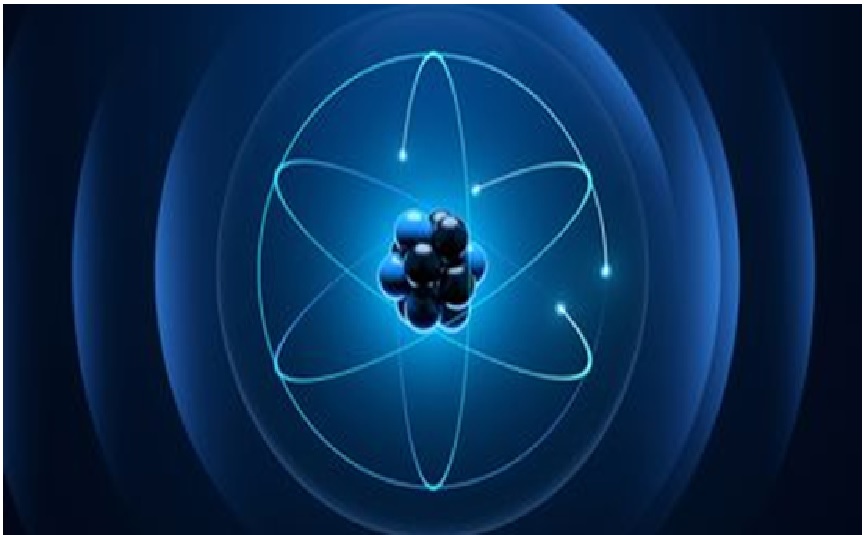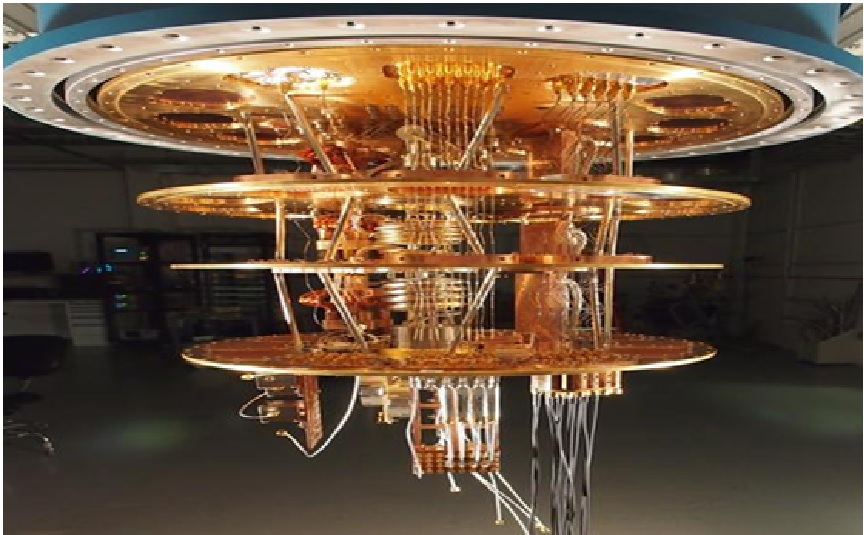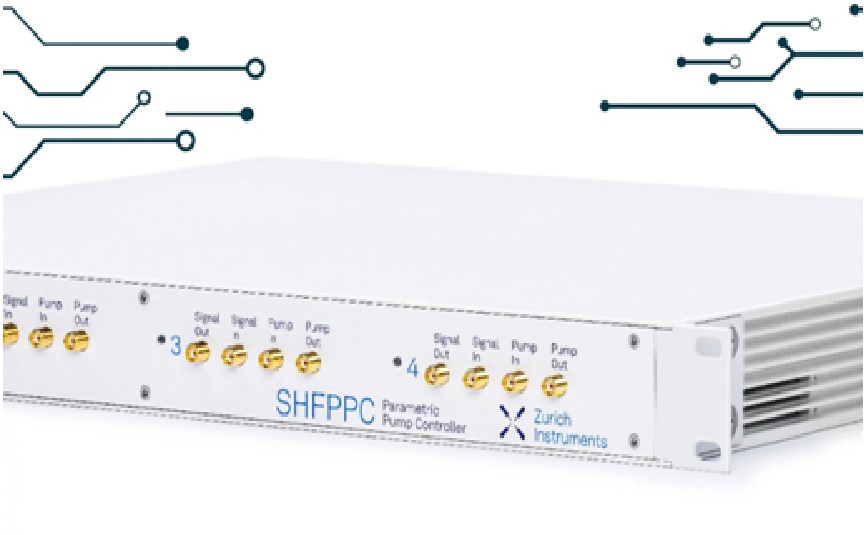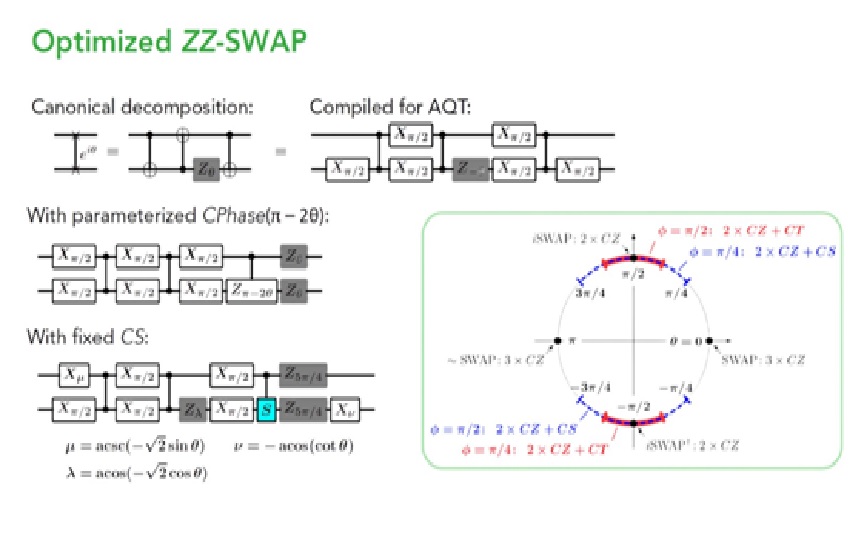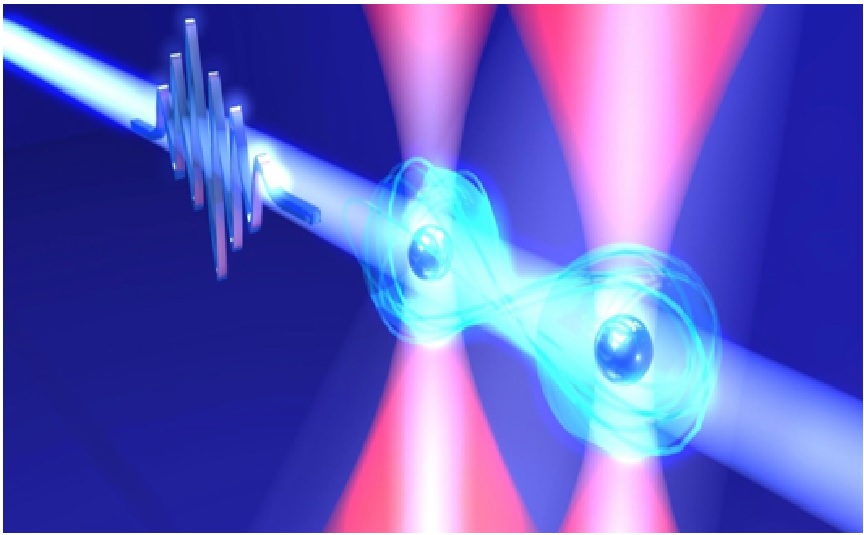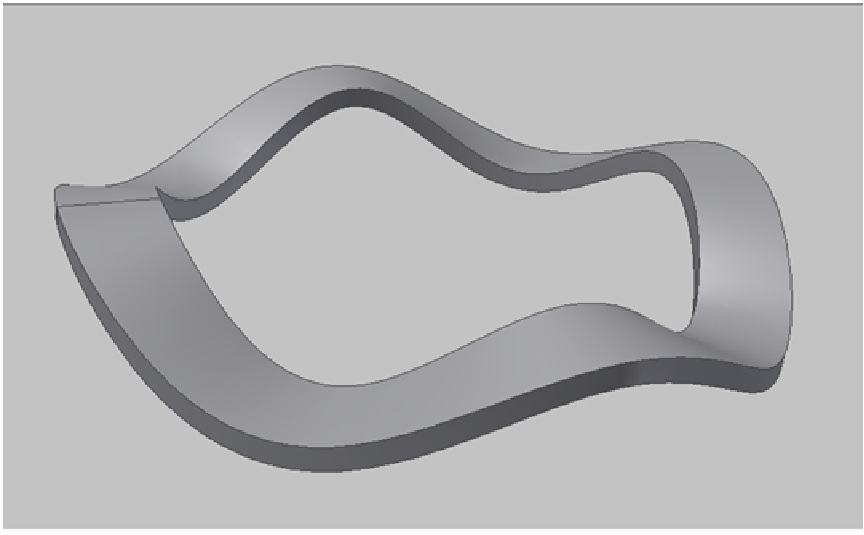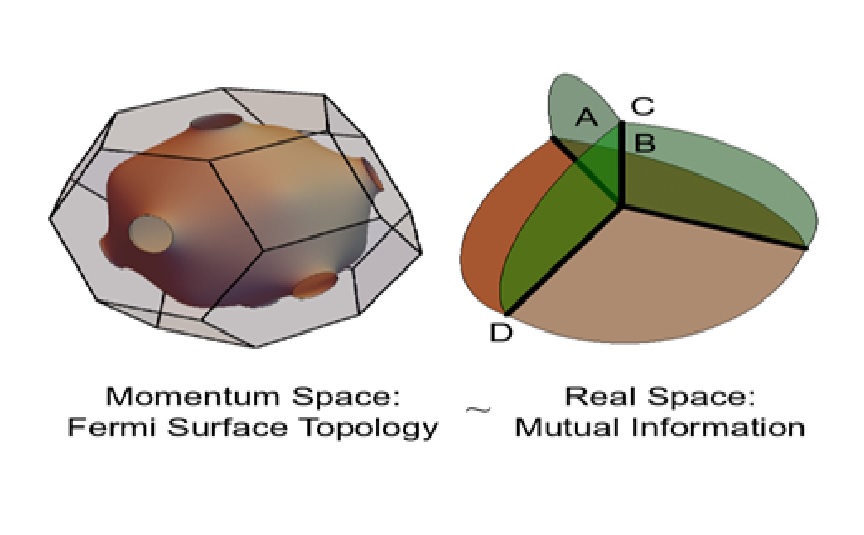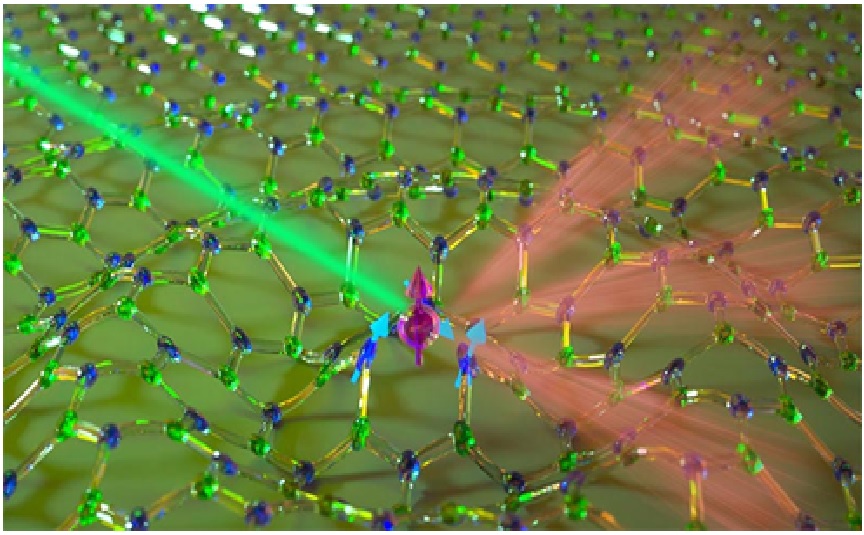Quantum control for advanced technology
Ultimately, quantum control is concerned with how the classical world interacts with quantum devices. It guides researchers in gaining information about system dynamics through measurements and enabling useful performance in computing, sensing, and metrology.
The field of quantum control largely owes its existence to decades of research in nuclear magnetic resonance and electron paramagnetic resonance, in which semiclassical magnetizations formed from nuclear or electronic spins are manipulated using pulses of resonant RF or microwave radiation. In those disciplines, hardware imperfections limited the ability to spectroscopically characterize molecules. [1]

Figure 1. Quantum control for advanced technology
Figure 1 shows One of the cornerstones of the implementation of quantum technology is the creation and manipulation of the shape of external fields that can optimise the performance of quantum devices. Known as quantum optimal control, this set of methods comprises a field that has rapidly evolved and expanded over recent years.
While quantum optimal control builds on conventional control theory encompassing the interface of applied mathematics, engineering, and physics, it must also factor in the quirks and counter-intuitive nature of quantum physics.
This includes superposition, the concept that a quantum system can exist in multiple states at one time, one of the keys to the advanced computing power of machines that rely on quantum bits -- or qubits. [2]
Ultimately the main goal of quantum optimal control is to make emerging quantum technologies operate at their optimal performance and reach physical limits.
The authors of this review consider factors in the discipline including the extent to which a quantum system can be established, controlled and observed without causing this superposition to collapse, something which seriously impedes the stability of quantum computers. [3]
The review also suggests that just as conventional engineers have a control theoretical framework to rely on, the training of future "quantum engineers" may require a similar framework which is yet to be developed.
A quantum system that unifies theory and experiment is one of the current research goals of the field with the authors pointing out that this will also form the basis for the development of optimal control strategies. [4]
References:
- https://q-ctrl.com/topics/what-is-quantum-control
- https://www.sciencedaily.com/releases/2022/08/220801103020.htm
- https://topteknews.net/quantum-control-for-advanced-technology-past-and-present-s141425.html
- https://phys.org/news/2022-08-quantum-advanced-technology.html
Cite this article:
Thanusri swetha J (2022), Quantum control for advanced technology, AnaTechMaz, pp.67



